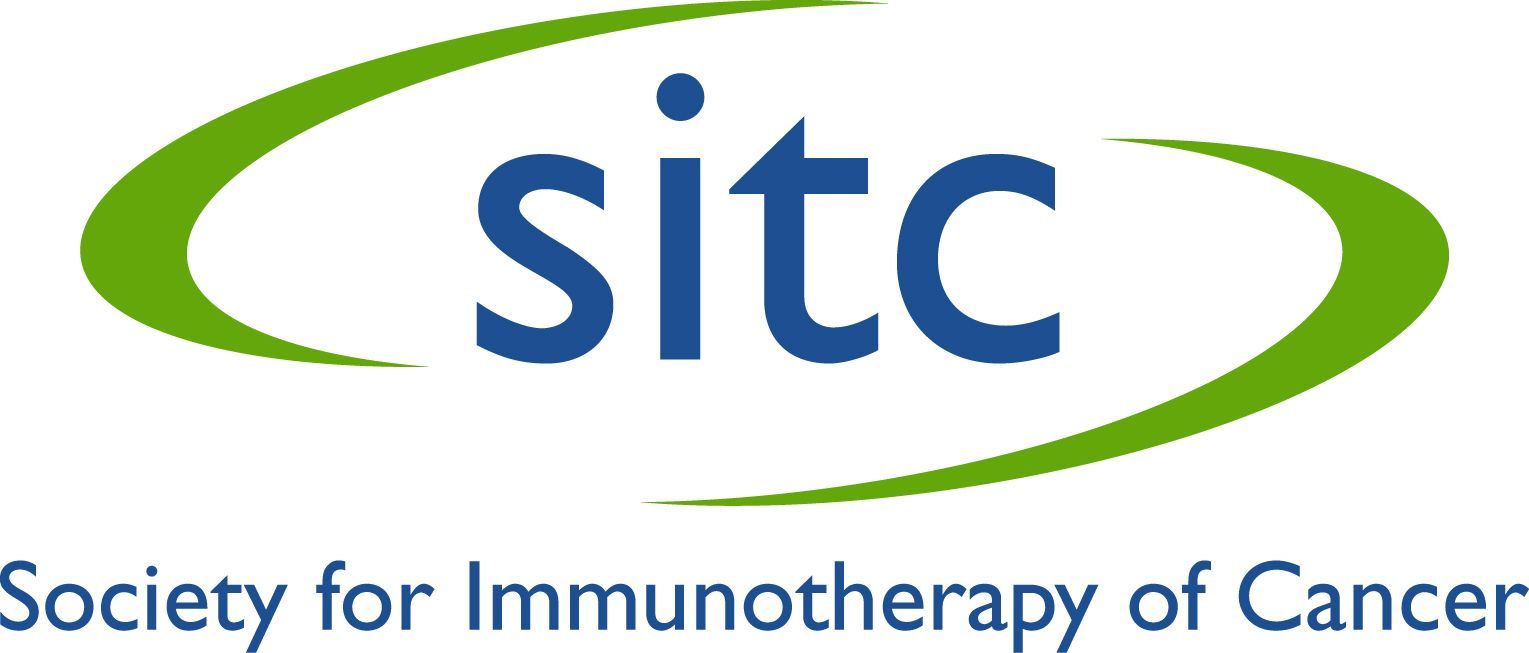- Advertise
- About OncLive
- Editorial Board
- MJH Life Sciences brands
- Contact Us
- Privacy
- Terms & Conditions
- Do Not Sell My Information
2 Clarke Drive
Suite 100
Cranbury, NJ 08512
© 2025 MJH Life Sciences™ and OncLive - Clinical Oncology News, Cancer Expert Insights. All rights reserved.
Next-Generation Bispecific Antibody Shows Early Clinical Activity in Advanced Solid Tumors
November 12, 2020 - The first-in-class, next-generation, DuoBody-PD-L1×4-1BB bispecific antibody GEN1046 demonstrated promising early activity and an acceptable safety profile in in patients with advanced solid tumors.
The first-in-class, next-generation, DuoBody-PD-L1×4-1BB bispecific antibody GEN1046 demonstrated promising early activity and an acceptable safety profile in in patients with advanced solid tumors, according to data from a first-in-human phase 1/2a trial (NCT03917381) presented during the virtual 2020 SITC Annual Meeting.1
Results showed that the agent had clinical benefit across different dosing levels, including in patients who had developed resistance to prior immunotherapy and those who had disease that was less sensitive to immune checkpoint inhibitors. Specifically, GEN1046 led to a disease control rate of 65.6%, with partial responses (PRs) observed in 1 patient with triple-negative breast cancer (TNBC), 1 patient with ovarian cancer, and 2 patients with non–small cell lung cancer (NSCLC) who had received prior immune checkpoint inhibitors.
“GEN1046 is a…bispecific antibody with an acceptable safety profile and encouraging early clinical activity, potentially addressing key limitations of the existing 4-1BB agonists,” lead study author Ignacio Melero, MD, PhD, of the University Clinic of Navarra, said in a virtual press briefing ahead of the meeting.
GEN1046 is a proprietary bispecific antibody that was developed using Genmab’s DuoBody technology.2The agent targets PD-L1 and 4-1BB, selected to block inhibitory PD-1/PD-L1 axis and concurrently activate T cells through conditional 4-1BB costimulation. GEN1046 is jointly owned by Genmab and BioNtech.
The dose-escalation trial enrolled patients with solid tumors who were 18 years of age or older and who had histologically or cytologically confirmed metastatic or unresectable solid tumors and were unable to receive standard therapy. To be eligible for enrollment, patients must have had measurable disease per RECIST v1.1 criteria, an ECOG performance status of 0 or 1, and acceptable renal, liver, and hematologic function.
GEN1046 was administered intravenously, at a flat dose every 3 weeks. The first dose examined was 25 mg (n = 4), which increased to 50 mg (n = 5), to 80 mg (n = 9), to 100 mg (n = 6), to 140 mg (n = 6), to 200 mg (n = 9), to 400 mg (n = 9), to 800 mg (n = 9), to 1200 mg (n = 4). Treatment was delivered until either progressive disease or intolerable toxicity.
The primary end points of the trial were to characterize the safety and efficacy of the agent and to determine the maximum-tolerated dose (MTD). Other objectives included the establishment of the pharmacokinetic and pharmacodynamic profiles of GEN1046 and its antitumor activity.
The data cutoff for efficacy was September 29, 2020. Additional results revealed that among 12 patients with NSCLC who received previous immune checkpoint inhibitors, 2 experienced a PR with GEN1046, 1 had an unconfirmed PR, and 4 achieved stable disease.
Moreover, pharmacological activity was seen across a broad range of dose levels, said Melero. Investigators also noted an increase in IFN-g and IP-10 levels and increased frequency of proliferating total CD8 and effector memory CD8+ T cells. These data demonstrate that the agent has biological activity, added Melero.
“From the point of view of safety, the [toxicity] profile [of GEN1046] is durable, and it was very much focused on liver safety since previous agonists directed to 4-1BB had problems with this,” noted Melero.
The data cutoff for safety was August 31, 2020. All-grade treatment-related adverse events (TRAEs) occurred in 70.5% of patients, grade 3 TRAEs occurred in 24.6%, and grade 4 TRAEs in 4.9% of patients.
Results also indicated that the most frequently reported TRAEs with the agent included transaminase elevations, hypothyroidism, and fatigue. Specifically, 26.2% of patients experienced transaminase elevations related to treatment; 9.8% of these patients had grade 3 elevations. No patients reported grade 4 transaminase elevations or treatment-related bilirubin increases.
Six patients experienced dose-limiting toxicities. In the question-and-answer portion of the presentation, Melero noted that some of the patients who had grade 3 transaminase elevations were managed using steroids. “In other cases, just the delay of administration resolved the situation,” he added.
The MTD was not yet reached.
The expansion cohort, continues to enroll patients with NSCLC who received previous immune checkpoint inhibitor therapy, concluded Melero.3
References
- Garralda E, Geva R, Ben-Ami E, et al. First-in-human, phase I/IIa trial to evaluate the safety and initial clinical activity of DuoBody-PD-L1×4-1BB (GEN1046) in patients with advanced solid tumors. Presented at: 2020 Society for Immunotherapy of Cancer Meeting; November 10-15, 2020; Virtual. Poster 412.
- Pipeline. Genmab. Accessed November 10, 2020. https://bit.ly/3pfCRKP.
- GEN1046 safety trial in patients with malignant solid tumors. ClinicalTrials.gov. Updated September 1, 2020. Accessed November 10, 2020. https://clinicaltrials.gov/ct2/show/NCT03917381.


